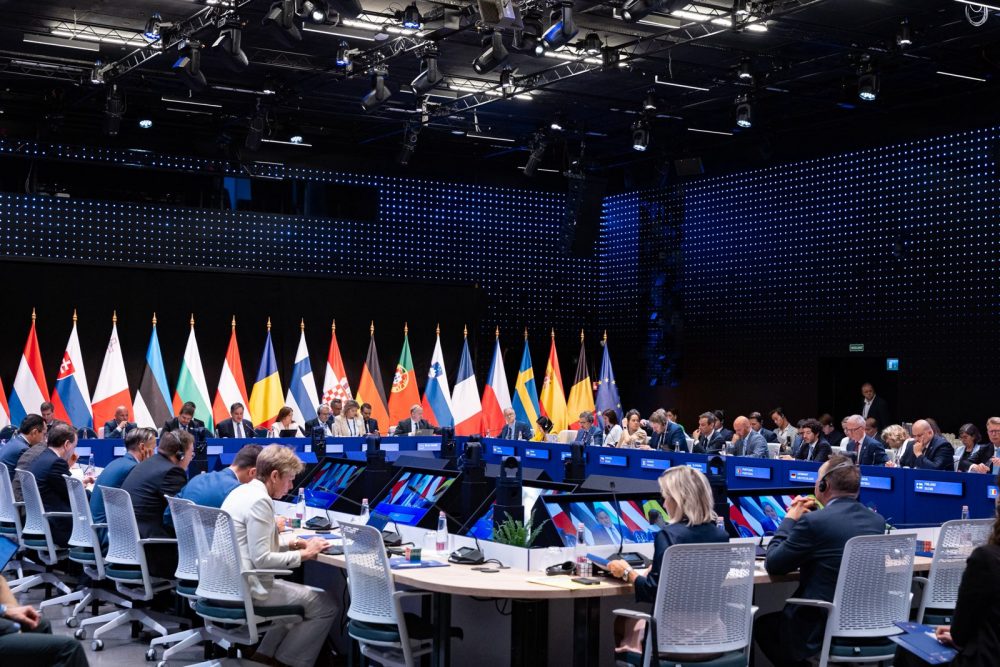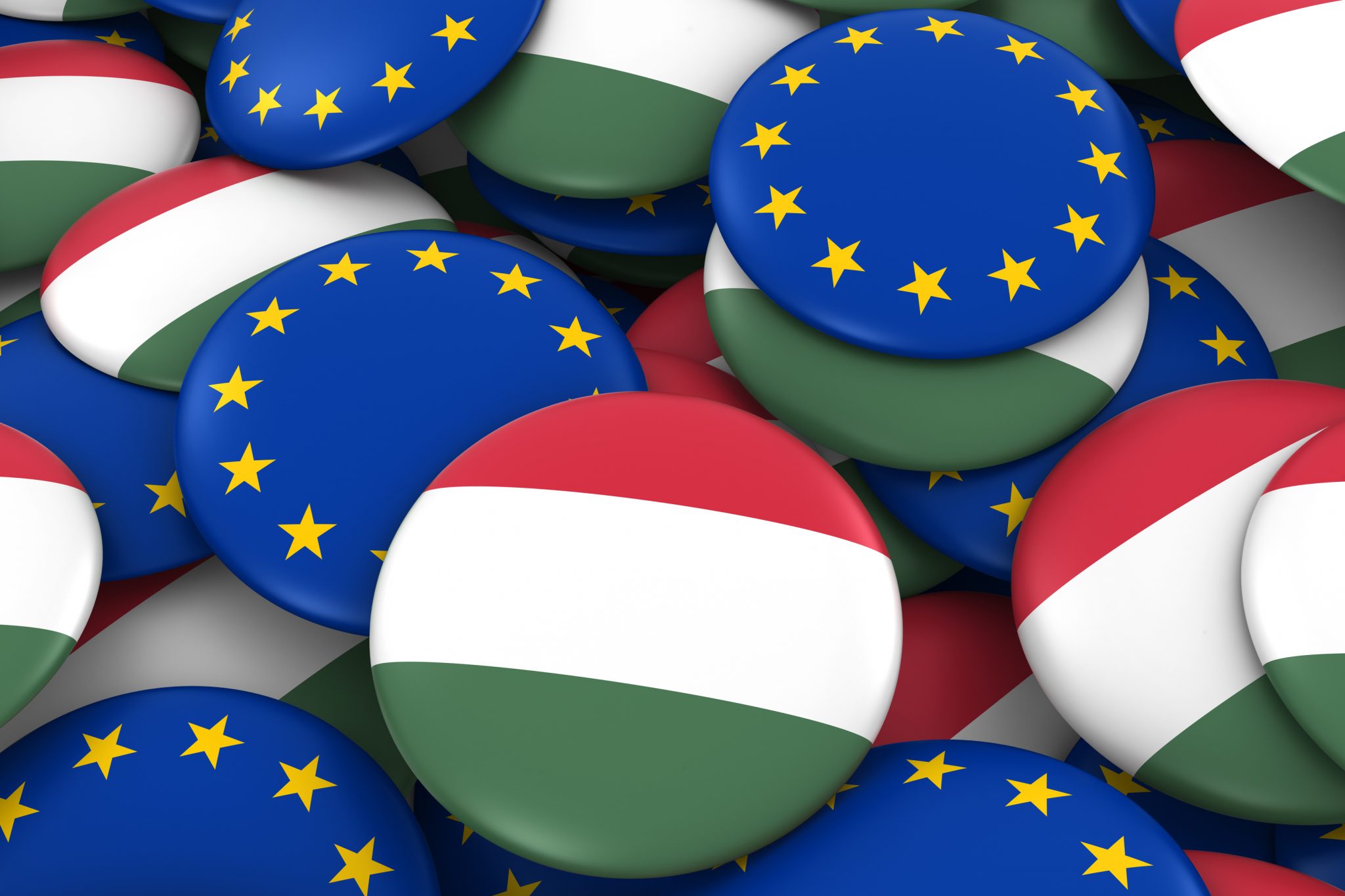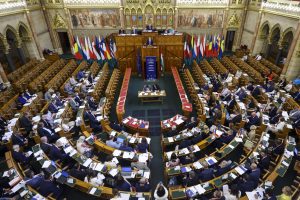
János Bóka argued for a fundamental change in approach, focusing on the added value of integration.Continue reading

At a recent conference of EU affairs committees, Minister for European Union Affairs János Bóka outlined the Hungarian EU Presidency’s priorities, emphasizing the need for enhanced European competitiveness, strengthened defense policies, and a continued focus on EU enlargement.
Minister Bóka’s speech highlighted Hungary’s commitment to addressing key challenges facing the European Union, reflecting a strategic vision that aligns with national interests while responding to broader EU concerns.
János Bóka stressed the urgent need for a new European competitiveness pact to address the Union’s lagging position compared to global competitors. He asserted, “in the current multi-challenge international environment, where Europe is lagging behind its global competitors, it is vital to improve the productivity and competitiveness of the Union and its Member States.”
This focus on economic competitiveness is crucial for strengthening the EU’s global standing and ensuring its members’ economic resilience. Additionally, he emphasized the importance of bolstering Europe’s defense policy, highlighting that “conflicts on the continent and around the world have clearly demonstrated that the European Union must play a greater role in guaranteeing its own security by strengthening its resilience and capacity to act.”

The COSAC conference in the Hungarian Parliament’s Upper House room. Photo: MTI / Hegedüs Róbert
The Hungarian Presidency is also prioritizing the enlargement of the European Union, with Mr. Bóka noting the importance of a “merit-based, balanced, and credible” process. The politician highlighted the unique case of Ukraine, where the EU is providing extensive support in the face of Russian aggression, while also pledging support for Moldova and Georgia on their paths to EU membership.
Mr. Bóka pointed out that “we will continue to explore the possibility of the concept of gradual integration,”
which involves integrating countries into EU programs and networks before full membership. This approach reflects Hungary’s strategic interest in expanding the EU’s influence and stabilizing its neighborhood.
At #COSAC: message of @Europarl_EN elections: call for change. Europeans expect better from #EU. Political responsibility of #HU24EU is to listen to their voice. If we pretend European politics can go on business as usual, we are failing our citizens. pic.twitter.com/k6yneNxKKy
— Bóka János (@JanosBoka_HU) July 29, 2024
The Minister also outlined plans to focus on EU cohesion policy and the development of a farmer-centered agricultural policy. He stated, “the presidency also aims to facilitate discussions on the future of cohesion policy and will take the initiative to develop a farmer-centered EU agricultural policy.” This commitment comes in response to the challenges faced by European agriculture, including climate change and rising input costs.
István Jakab, Deputy Speaker of the Hungarian Parliament, echoed these concerns, emphasizing the need for a “competitive, crisis-resilient, sustainable, farmer-friendly and knowledge-based European agriculture” to address the sector’s current difficulties.
János Bóka’s speech highlighted Hungary’s key priorities for its EU Presidency, reflecting a focus on improving European competitiveness, enhancing defense capabilities, and supporting EU enlargement.
The emphasis on a farmer-centered agricultural policy and strategic enlargement initiatives align with broader national interests and objectives within the Union.
As Hungary leads the EU Presidency, its approach underscores a commitment to addressing both immediate challenges and long-term strategic goals for a more resilient and integrated Europe.
Via MTI; Featured Image: Pixabay